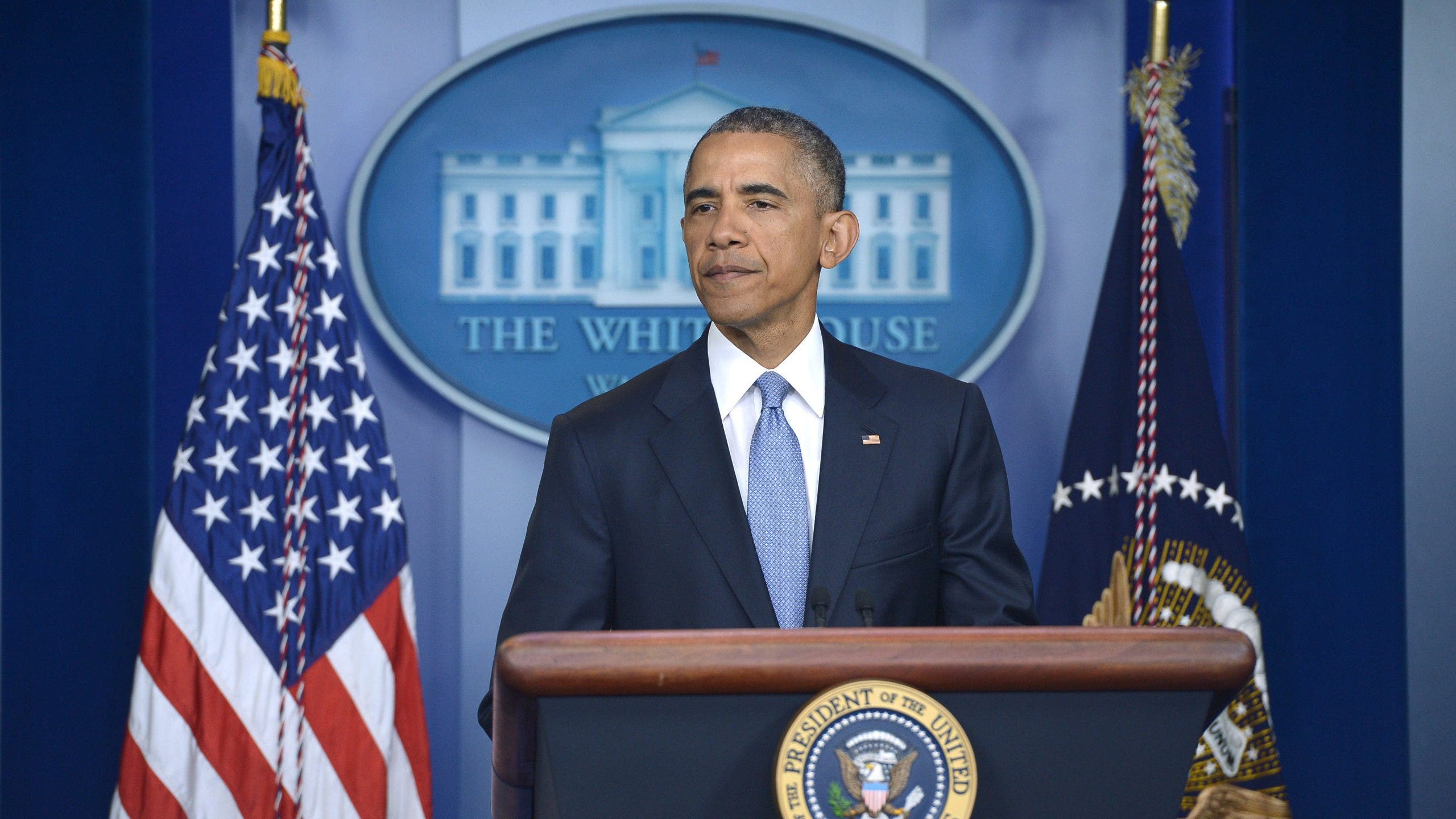Finance
All options on table to counter excess currency moves: Japan finance chief

Japanese Finance Minister Shunichi Suzuki said Tuesday all options are on the table in countering excessive movements in the currency market, continuing his verbal warnings as the yen edges closer to 150 against the U.S. dollar.
Suzuki said at a press conference that the monetary authorities of Japan and other nations share the view that excessive volatility is undesirable, and the government is closely watching market developments with a heightened sense of urgency.
Financial markets are watching whether Japanese authorities will intervene after issuing a slew of verbal warnings.
“Foreign exchange rates should be determined by market forces, reflecting fundamentals,” Suzuki said.
“We will respond as appropriate to excessive volatility without ruling out any options,” the finance minister said, adding Japan has been communicating with other nations regarding currency movements.
The trend of a weak yen was reinforced last week when the Bank of Japan shot down market expectations of an early shift from monetary easing, while the Federal Reserve held off on raising rates but was viewed as on course for another hike this year.
Since stepping into the market on multiple occasions last year, Japan has sat on the sidelines. Suzuki has said the government is keeping tabs on volatility, not specific dollar-yen levels.
Still, the yen’s continuing decline has raised inflationary pressures for resource-scarce Japan, which relies heavily on imports of energy and other raw materials.
Prime Minister Fumio Kishida also said currency movements should be stable and reflect economic fundamentals, as he unveiled Monday an outline of economic measures to cushion the impact of quickening inflation.
Related coverage:
BOJ retains dovish stance despite market expectations of policy shift
Over 80% of Japan firms forecast economic growth as COVID curbs removed

Finance
Social Security: Readers weigh in with questions
However, if someone is younger than full retirement age and still working while receiving Social Security benefits, it could push them above the yearly earnings limit and their monthly benefits would be temporarily reduced. This is not permanent.
Here’s how the Social Security Administration runs the math: If you are receiving a Social Security benefit and are under full retirement age for the entire year, $1 is deducted from your benefit payments for every $2 you earn above the annual earnings limit. For 2024, that limit is $22,320.
In the year you reach full retirement age, $1 in benefits is deducted from your monthly benefit for every $3 you earn, but only earnings before the month you reach your full retirement age are counted. If you reach full retirement age in 2024, the limit on your earnings for the months before your birthday is $59,520.
What counts as earnings are the wages you make from your job or your net earnings if you’re self-employed. The calculation also includes bonuses, commissions, and vacation pay. What’s not counted: pensions, annuities, investment income, interest, veterans benefits, or other government or military retirement benefits.
But you will get any deductions back. Once you reach FRA, your monthly benefit will be increased permanently to account for the months in which benefits were withheld.
One additional caveat to keep in mind: Premiums for Medicare Part B, which covers doctors’ visits and outpatient services, and Part D, which covers prescription drugs, could increase if you earn significantly more money. If you earn more than $103,000 as an individual or more than $206,000 if you’re a joint filer, you’ll pay an extra amount. Those premiums are typically pulled from your monthly Social Security check.
Dear Kerry, I am 62, working and receiving a spouse’s survival benefits. If I retire and file for Social Security benefits, do I have to choose one or can I get two? — Silvia V.
Thanks for this great question, Silvia.
You can only choose one benefit; the larger of the two will typically become your sole benefit.
As a surviving spouse, you can receive 100% of a deceased spouse’s benefit if you had waited until your own FRA, 67, when you claimed the survivors benefit. The benefit amount, however, is reduced for ages less than FRA. The closer you are to your FRA, the greater the benefit.
The upside for you, though, is that it’s possible to claim a widow’s benefit, as you have, while letting your own retirement benefit grow. For example, you may claim a widow’s benefit at 60, and then shift to your own retirement benefit at age 70, if it’s a larger amount.
Meantime, while this doesn’t apply in your case, it’s important to mention for other surviving spouses that if you and your late spouse were both claiming Social Security benefits at the time of their death, then the larger of the two benefits becomes your survivors benefit.
Then too, for a surviving spouse, if you applied for your own Social Security benefit less than 12 months prior to the death of your spouse, you have the option to withdraw this application and apply for survivors benefits if it is a larger amount.
Bottom line: A surviving spouse, surviving divorced spouse, unmarried child, or dependent parent may be eligible for monthly survivor benefits based on the deceased worker’s earnings. There are myriad variables to consider, so I advise reaching out to Social Security directly.
Have a question about about retirement? Personal finances? Anything career-related? Drop Kerry Hannon a note.
Is it possible to will my Social Security balance to my children? — Edwin S
No. Once you start Social Security retirement benefits, you’re generally guaranteed to receive monthly checks for the rest of your life. But, Edwin, that comes to a hard stop when you die.
There are exceptions for family members who may be eligible to receive survivor benefits based on the deceased beneficiary’s earnings record starting as soon as the month they died.
When a parent, for example, receives Social Security retirement or disability benefits and dies, their child may also receive benefits. Under certain circumstances, a stepchild, adopted child, or dependent grandchild or step-grandchild may also qualify.
To receive benefits, the child must be unmarried and younger than age 18, or between ages 18 and 19 and a full-time student at an elementary or secondary school (grade 12 or below), or age 18 or older with a disability that began before age 22.
Thanks to my Yahoo Finance readers who felt comfortable sending along your questions. My advice for all of you trying to make sense of your Social Security benefits: Create a My Social Security account. This is a customized portal that lets you check the status of a benefits application, estimate future benefits, or manage the benefits you already receive. You can set up an account even if you don’t currently receive benefits. Do it.
Kerry Hannon is a Senior Columnist at Yahoo Finance. She is a career and retirement strategist, and the author of 14 books, including “In Control at 50+: How to Succeed in The New World of Work” and “Never Too Old To Get Rich.” Follow her on X @kerryhannon.
Click here for the latest personal finance news to help you with investing, paying off debt, buying a home, retirement, and more
Read the latest financial and business news from Yahoo Finance
Finance
Campaign finance in the US looks transparent, but may not be really so

THE FINANCING OF electoral campaigns in the US happens at the federal, state and local levels. It has various components that ensure transparency. Sources of funding include individual contributors (max $2,800), political action committees (max $5,000) and super public action committees (no limit but they cannot deal directly with candidates).
The Republican National Committee and Democratic National Committee are primarily responsible for raising and spending money for political campaigns. Both the RNC and DNC are registered with the Federal Election Commission, which is an independent agency that monitors campaign finance. Candidates can also organise fundraising events where attendees have to donate money. That apart, online fundraising happens through social media. There are even merchandise sales. Apparently, Trump merch sales were burgeoning following an assassination attempt on him.
The contribution rules in the US clearly state that a campaign donor has to be a US citizen or lawfully admitted permanent resident. The campaign “does not accept contributions from corporations… unions, federal government contractors, national banks, those registered as federal lobbyists or… foreign nationals….”
The Federal Election Commission, created in 1975, ensures that candidates and party committees disclose sources, amounts of contributions and how they are spent. The FEC has six commissioners appointed by the president and confirmed by the senate. Only three commissioners can be from the same political party and all resolutions require at least four votes in agreement.
Sree Sreenivasan
Before the FEC was formed, campaign contributions were mostly done covertly. Candidates, back then, used to depend on large donations to fund their campaigns. In the early 1970s the Watergate scandal shook American politics. President Richard Nixon was accused of letting five men break into the Democratic Party headquarters to steal documents. It led to his resignation and paved the way for the FEC Act, which marked a major shift in campaign finance.
In the last few years, the Democrats and the Republicans brought in campaign finance bills, but none of them became law. In 2010, the Supreme Court lifted a ban on corporate and union expenditures for the election or defeat of candidates. Interestingly, the court ruling also brought in super PACs, which are criticised for not having any limit on contributions and for lack of transparency.
“On an individual level, the campaign finance system in the US is very effective,” Sree Sreenivasan, former professor at Columbia University Graduate School of Journalism and former chief digital officer of Metropolitan Museum of Art, New York, told THE WEEK. “The problem is, the Supreme Court has made it very difficult to go after what is called dark money, which is generated and raised by companies, corporations and special interests. Those make a big difference in the success of candidates big and small.”
Sreenivasan said even though there is excitement over Harris raising $200 million in a short time, “it is a drop in the bucket to how much money they will need. There are unlimited pockets on both sides. Corporations and special interests are much bigger, and better organised and more powerful on the Republican side.”
According to the research group Open Secrets, the top donor for Trump in 2024 is Timothy Mellon of the Pittsburgh banking family who lives in Connecticut. He has donated $75 million for Trump in this cycle. SpaceX CEO Elon Musk, it is said, has privately gathered support for Trump. His money could come in handy in the swing states.
Harris, on the other hand, has personal rapport with many tech leaders at Amazon, Alphabet, Microsoft and Apple. She also has the support of philanthropist Melinda French Gates, Netflix co-founder Reed Hastings, Reid Hoffman of Linkedin, and former Facebook COO Sheryl Sandberg. “She has smashed record over record. The majority in her case are first-time and small donors,” Manu Bhagavan, a historian based in New York, told THE WEEK. “I believe she will continue to draw in money to her campaign because it is being excellently run.”
It remains to be seen whether there is donor fatigue, especially in the case of Trump admirers. His legal fund, which pays his lawyers battling out cases against him across the country, is getting millions from his campaign’s biggest donors. So that may prevent small donors from donating for Trump, as they fear their money will be used for his cases. “I don’t think there is any donor fatigue. Both candidates will raise a lot of money in the days to come,” said Ashok Kumar Mago, a Texas based businessman who is a Padma Shri recipient.
Some billionaires have become more vocal for Trump after the assassination attempt, but that kind of fervour is not reflected in their donations. “The assassination attempt had a huge impact the following days,” said Sreenivasan. “It looked as if Trump would easily win against Biden. But he is no longer against Biden. With a new candidate, the entire race has changed. The 100-plus days that are left is an indication on how fast things can move. Huge roller-coaster and seismic changes are going to come.”
Noting that Harris could raise over $200 million within a day, Kevin Olickal, Democratic representative in the 16th district of the Illinois house of representatives, said to THE WEEK, “This renewed optimism and energy in the party is exactly what was missing. The fundraising and volunteer mobilisation sparked by Harris has a psychological effect, and has forced the Republicans into defence. They now have to change their campaign strategy to focus on a candidate who is younger.”
“Going forward, money will not likely be the issue that determines this race,” he said. “Both candidates will have the financial resources necessary to run a competitive campaign. The platform and messaging of each candidate will determine who is the next president.”
Finance
Some employers ‘cautious of offering financial advice due to reputation worries’

Some employers are being put off from offering financial advice as a workplace benefit amid concerns that it could potentially end up reflecting badly on them, a survey has found.
A third (34%) of organisations do not offer financial advice, rising to just over half (51%) of organisations with fewer than 500 employees, the research indicated.
Among those with no intention of introducing financial advice as a benefit in the near future, the most common reason given was perceptions around the risks of inappropriate advice being given and it reflecting badly on the organisation itself.
Some firms also did not consider financial advice to be an important workplace benefit.
When asked what would make them consider offering financial advice as a benefit, some employers said they would want to see staff requesting it, or evidence that employees would take it up.
The research, from Close Brothers’ Workplace Financial Wellbeing Service, also found that, when considering the workplace benefits that would most positively impact their financial wellbeing, financial advice came third on the list of priorities for employees (36%), after pension (52%) and private medical cover (38%).
Workers aged 25 to 34 would be particularly keen on receiving financial advice, the research indicated.
Pensions and retirement advice was found to be the most common type of advice offered.
Jeanette Makings, head of workplace financial wellbeing at Close Brothers, said: “Despite a clear call for financial advice in the workplace, it is evident employers that do offer it are not recognising all employees would benefit from this for all areas of personal finance; the need isn’t limited only to pensions or at retirement.”
She added: “When trying to navigate such a complex market on their own, employees are vulnerable to considerable variation in quality, price and service…
“When it comes to choosing a provider, note that some may not be able to provide the full range of advice services. So, employers need to understand the range of advice and any limitations of expertise from possible providers.”
YouGov surveyed over 1,000 employees and 500 employers between March and July.
-

 Mississippi5 days ago
Mississippi5 days agoMSU, Mississippi Academy of Sciences host summer symposium, USDA’s Tucker honored with Presidential Award
-

 Politics1 week ago
Politics1 week agoRepublicans say Schumer must act on voter proof of citizenship bill if Democrat 'really cares about democracy'
-

 Politics1 week ago
Politics1 week agoTrump announces to crowd he 'just took off the last bandage' at faith event after assassination attempt
-
World7 days ago
More right wing with fewer women – a new Parliament compendium
-

 World1 week ago
World1 week agoIsrael says Hezbollah crossed ‘red line’, strikes deep inside Lebanon
-

 Politics1 week ago
Politics1 week agoHarris failed to combat ‘root causes’ of illegal immigration, former Border Patrol union chief says
-

 News1 week ago
News1 week agoVideo: Kamala Harris May Bring Out Trump’s Harshest Instincts
-

 World1 week ago
World1 week agoItaly's Via Appia enters the Unesco World Heritage List




















